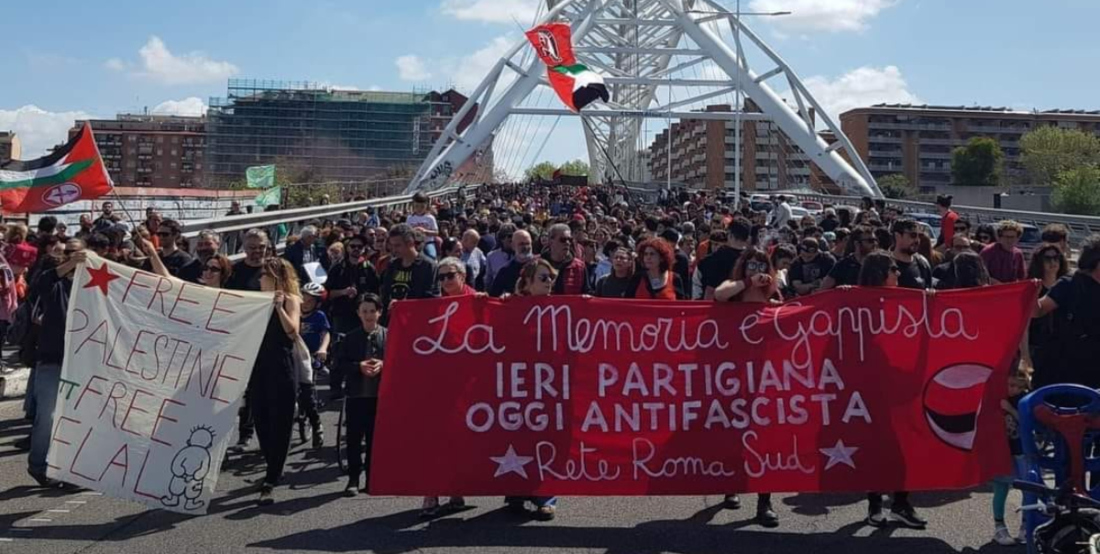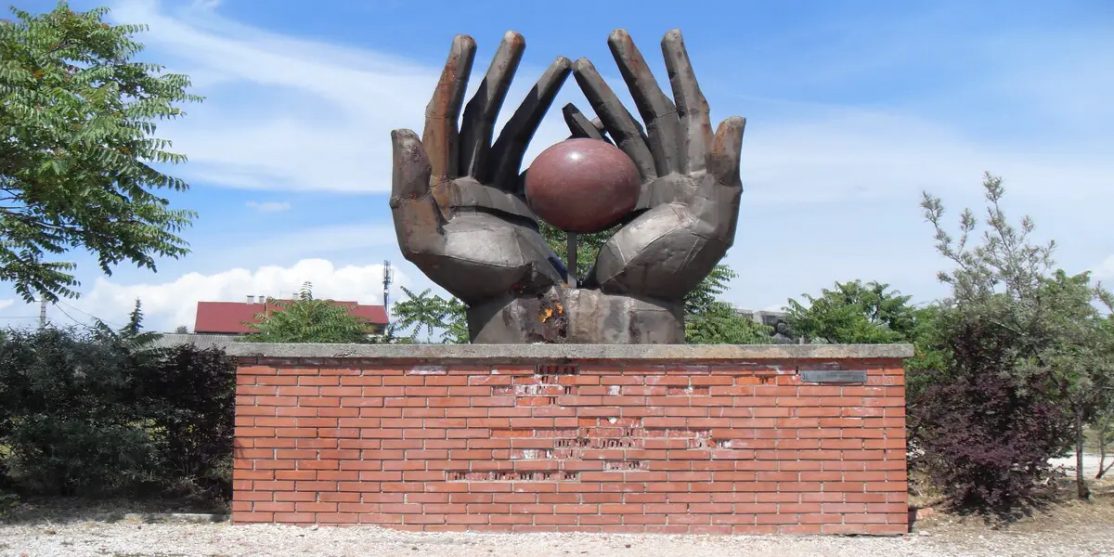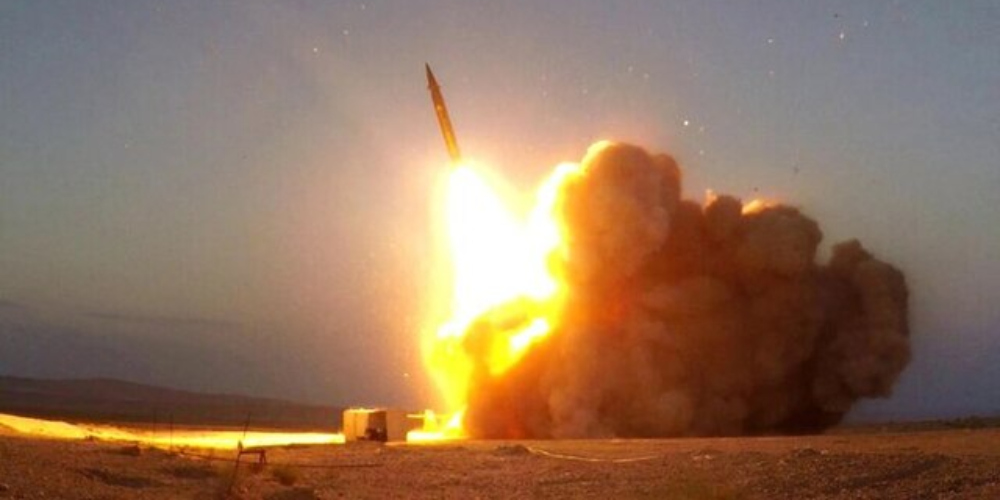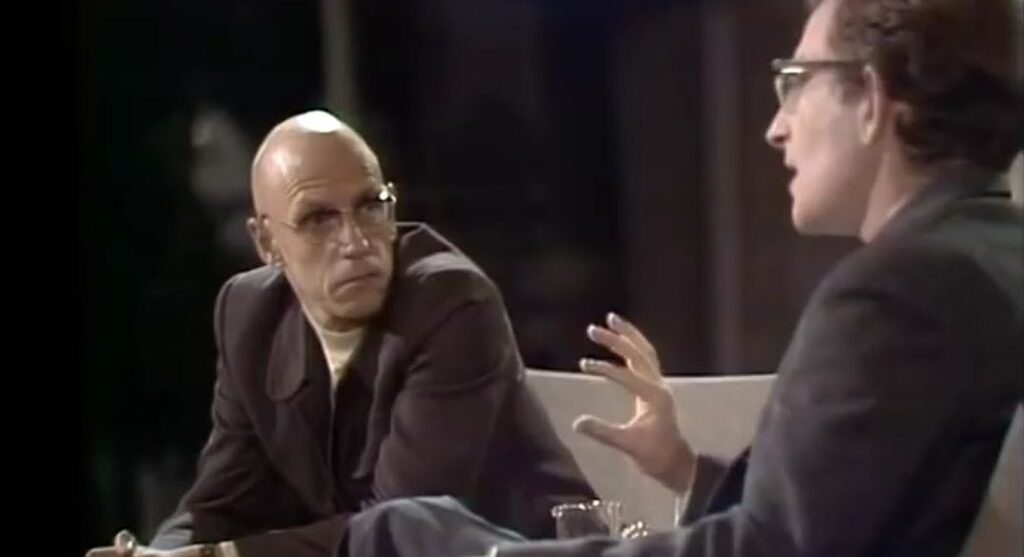EUROPA
Towards a social and transnational Strike? Invitation to a working meeting on 19.3.2015 in Frankfurt
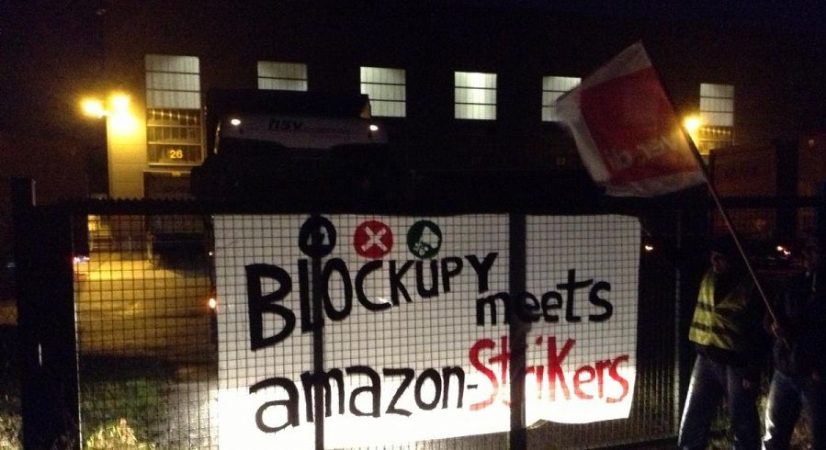
On 18.3.15 we expect a big transnational mobilisation in Frankfurt against the official opening of the new tower of the European Central Bank, against one symbol of the capitalist policy of austerity, precarity and exploitation. On 18.3 we will denounce the power of the Troika and the blackmailing against Greece: we will make the ECB and the European Union accountable for their actions! We know that no electoral result alone will be powerful enough to give us the force we need against the power of capital, for this reason we will be in the streets of Frankfurt and we want to use this opportunity of coming together to stay for another day and to try to deepen the discussion on practical and theoretical questions on social and transnational strike.
How to strike if you are hired in temporary contracts and every time in danger to be fired? What does it mean to strike for a precarious freelancer? Who can use a strong bargaining power and in which labour sections? And what to do without this power? How to transfer the conflict from the workplace into society and how to link social and economical struggles? What is the relationship between selforganisation inside the factories and support from outside, for example through blockades and campaigns? How to strike in transnational companies, which exploit borders playing one branch against each other? How to get organised along and against the global exploitation chains? Is the blockade of a highway, for example by the students, automatically a strike? Or only if it is done by truckers or together with them? What is the relationship with and the role of the unions? How to challenge the new government of mobility and regionalization of welfare which exploit the hierarchies built upon the borders? What does it means to organize a labour force where migrants and locals are put one against the other by institutional racism? How can we make our differences our strenght? Would it help to develop common transnational demands such as a European minimum wage and a European basic income and welfare?
We want to tackle (at least a first part of) these questions on the basis of real practical experiences of labour struggle and labour activism in the age of precarity. We know, that the national and regional conditions are manifold, that the exploitation regime is organized in a complex global way and that the precarious disconnections and the splitting hierarchies dominate the given realities. But we also know: if we want to challenge and overcome these realities, we need to get organized on a transnational level, we need direct exchange about practical experiences and we need to develop a common platform. Production is nowadays organized along transnational lines and plays on precarious, different, forms of labour. We need new tools for a transnational strike back!
We want to follow the discussion threads and questions which we opened up already in the international Blockupy conference in 2013 and which continued with new practical experiences in the Blockupy festival in November 2014, after the experiment of social strike in Italy. We will refer also to the debates at the Strike Meeting in Rome in mid February 2015, while we intend to invite for 19.3.15 also other workers and labour-activists from various countries.
Initiated/proposed by activists from Blockupy meets amazon and TIE (Transnational Information Exchange)
Proposed Agenda of the day (still under construction!)
10.00 – 11.30 Opening Plenary:
Building strength, organizing struggles. Social and transnational strike: what is their potential? What kind of common platform?
12.00 – 14.00 Working groups:
Workshop I: Strawberries, textiles, electronics, logistics: acting and striking along and against the global exploitation chain?
Workshop II: From the workplace into society and vice-versa: How to relate social and economical struggle? Different forms of strikes and support from outside, campaigns and blockades and when they help?
Workshop III: Migrant labour, migrant rights, migrant strikes: labour and the government of mobility
Workshop IV: Common demands as organizational tools: discussing European minimum wage, welfare and income and freedom of movement
14.00 – 15.00 Closing Plenary:
Outcomes of the working groups, next common steps and structures towards a transnational strike.
Registration:
Pls register in advance for this meeting by an Email to
We will inform about the location for this working meeting, and also about the preparation process latest a few days before 19.3.
short presentations of the four planned workshops
Workshop I: Strawberries, textiles, electronics, logistics: acting and striking along and against the global exploitation networks?
The current formation of capitalism is one of a transnational organized production and distribution of products and services. Workers from all over the world are put into competition and are related to one another because of the transnational organization of labour. At the same time this relationship does not necessarily lead to worker-to-worker cross-border cooperation and collective actions even if the transnational organization of labour makes capital also vulnerable. Europe itself is by now a global space crisscrossed by differences and transnational production chains that hurt the capacity of labour movements to organize and win. But there are experiences of acting and strinking along and against the global exploitation networks. We want do discuss these examples in the global retail industry – where retail workers from Germany and workers from India, Bangladesh and Sri Lanka work together -and in the experiences of Amazon workers. We want want to discuss how we can gain strength out of transnational solidarity, how we can develop struggles solidly united which strengthen our position in local conflicts and how we can transform the connections between the different workers and workplaces into joint action.
Workshop II: From the workplace into society and vice-versa: How to relate social and economical struggle? Different forms of strikes and support from outside, campaigns and blockades and when they help?
Strikes in an amazon warehouse, strikes of railway workers or strikes of social workers: the direct bargaining power and the conditions of the workers are quiet different and thus the questions of effective sindicalisation and useful solidarity from society as well.
In logistics and factories a direct support of pickets might be important: to stop strikebreakers or to help to disturb a just in time production. But strong campaigns from outside should not cover and cannot replace a weakness inside and this relationship has to be rediscussed everytime.
Railway workers possess a strong power to disrupt the transportation and production chain, but strikes in public transport affect the ordinary people as well and a public support strategy might be a crucial aspect to win a conflict.
Social or health workers usually are with less direct bargaining power and the responsibilies for children or care-taking for other persons include a particular challenge – but also a potential for a social mobilisation together with parents and patients?
In this workshop we want to rediscuss challenges, contradictions and chances of organisation, strike and solidarity on the base of practical experiences in the above mentioned sections.
Workshop III: Migrant labour, migrant strike, migrant rights. Labor and mobility.
The European government of mobility is based on the blackmail of the visa for migrants, on the distinction between migrants and refugees and on the new restrictions of welfare benefits for internal migrants, that throughout Europe aim to bend the mobility of labour to the needs of capital. Labour itself is increasingly mobile, because it is more and more common for someone to change his or her working place, to move from one job to another, to engage in short-term contracts that make wages and life precarious. Europe is for migrants, precarious and industry workers a space of transit and a battlefield between forces that try to govern the mobility for the sake of profits and the exercise of the freedom of movement. The discussion on how to organize transnational struggles must face the opportunities and the problems posed by the mobility of labor. The experiences of migrant strikes and struggles are a central reference point here because they have been able to question together the employees and the institutions that enforce the government of mobility. How to expand and coordinate these experiences? How is it possible to effectively challenge the government of mobility? how to organize strikes in a situation where labour is always more mobile? what does it mean to organize a labour force where migrants and locals are put one against the other by institutional racism?
Workshop IV: Framing demands? Eu Minimum Wage; Eu Basic Income and Welfare; EU minimum visa independent from labour contract and income.
The workshop will discuss the demands proposed as a common frame to the process of the transnational strike: a European minimum wage and basic income, a European welfare and a European visa of minimum two years, independent from labour and income. This claims should be discussed on the basis of their aim and as tools for building political initiative and organization. The aim of the claims is that of trying to block and fight the exploitation of hierarchies between workers and regions that allow the employers to play one group of workers against the other. On the other hand, the function of the claims is that of helping to direct and coordinate our transnational action and to make it possible to expand the process of the transnational strike, talking to workers that are not yet involved in social movements. Finally they should help each of us to build connections between local fights and the European dimension. Can these claims be effective tools to build campaigns on a European level that not only connect existing struggles but produce new ones? How to use them for this purpose and to coordinate through them our political initiative? In this sense, the workshop will discuss also how to enhance these campaigns on a regional level in order to make them concrete organizational tools and to challenge the institutions on a local scale.

